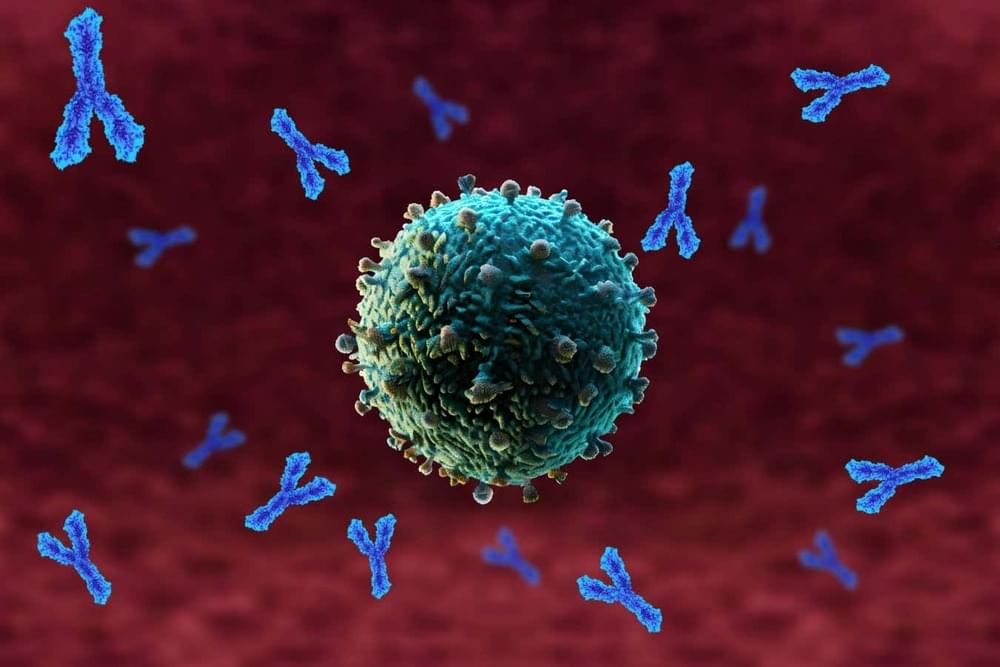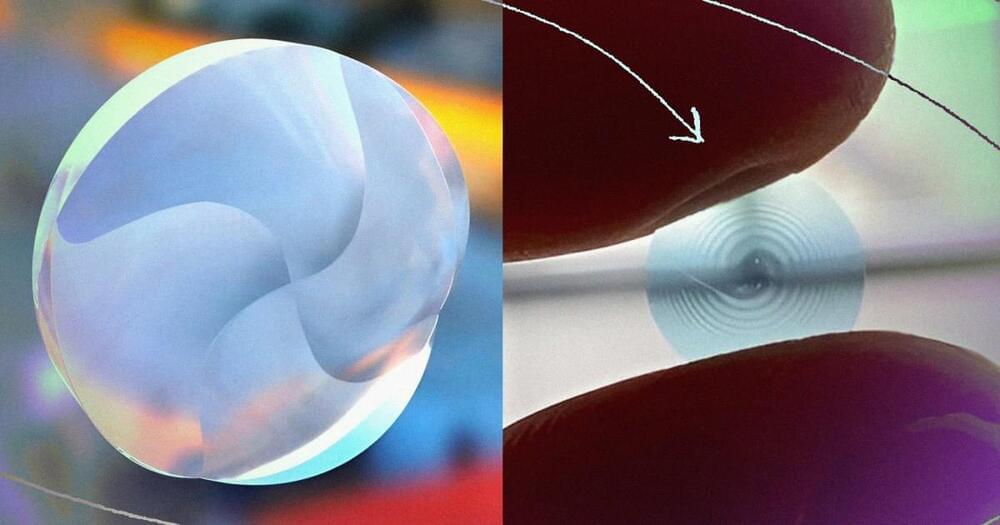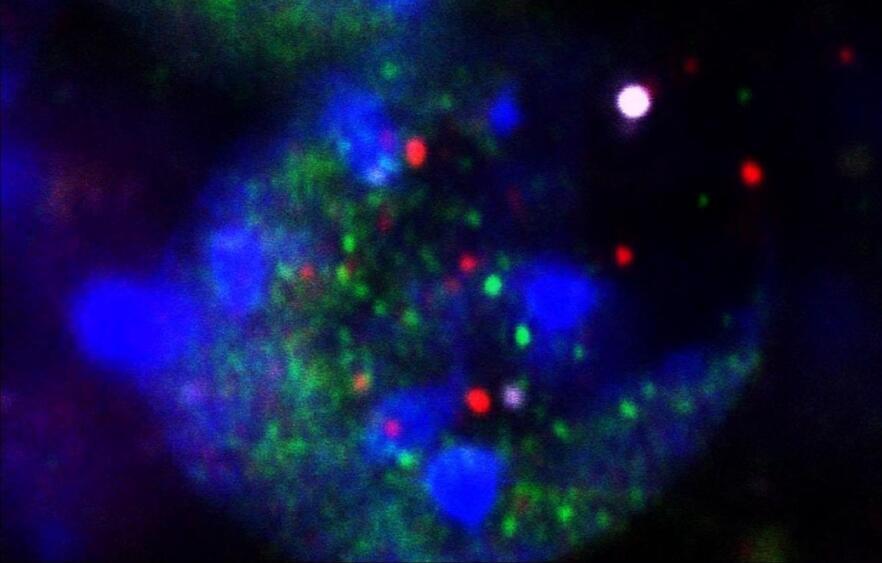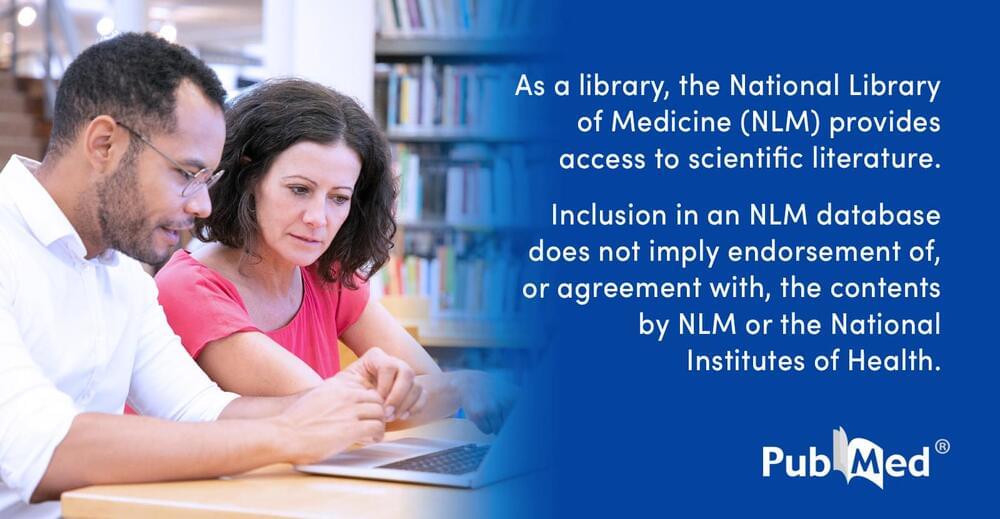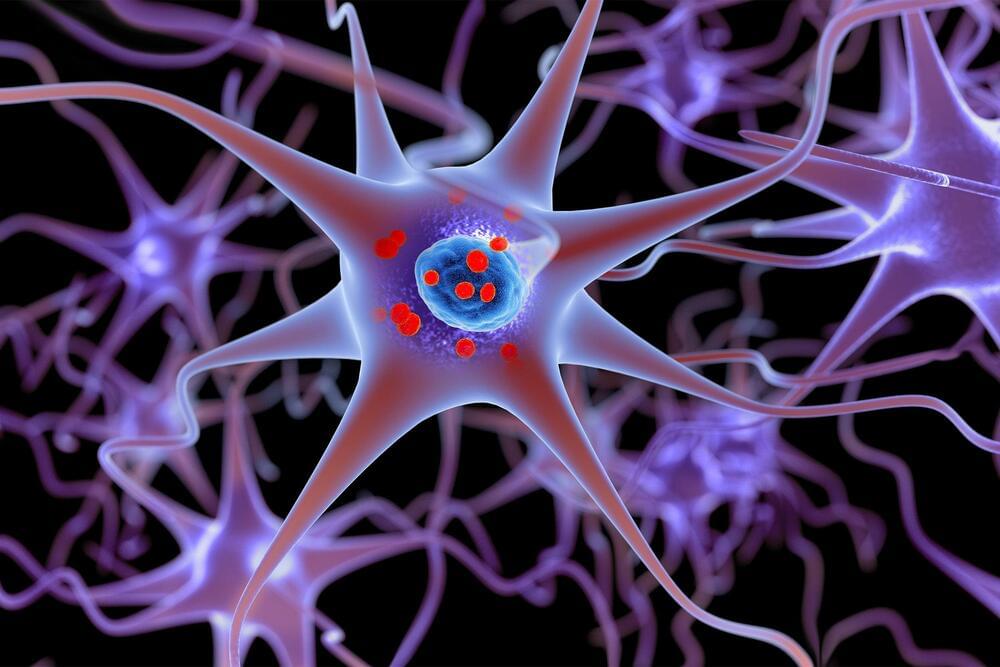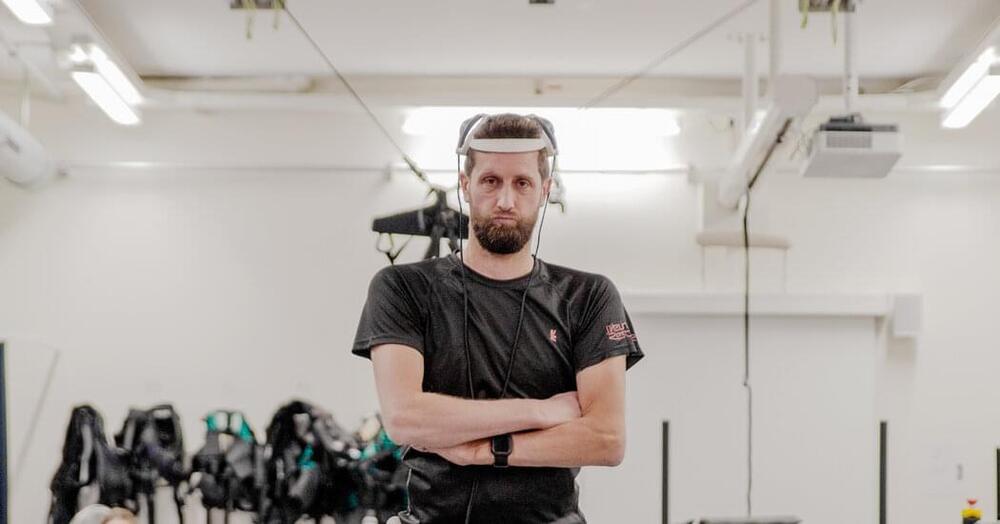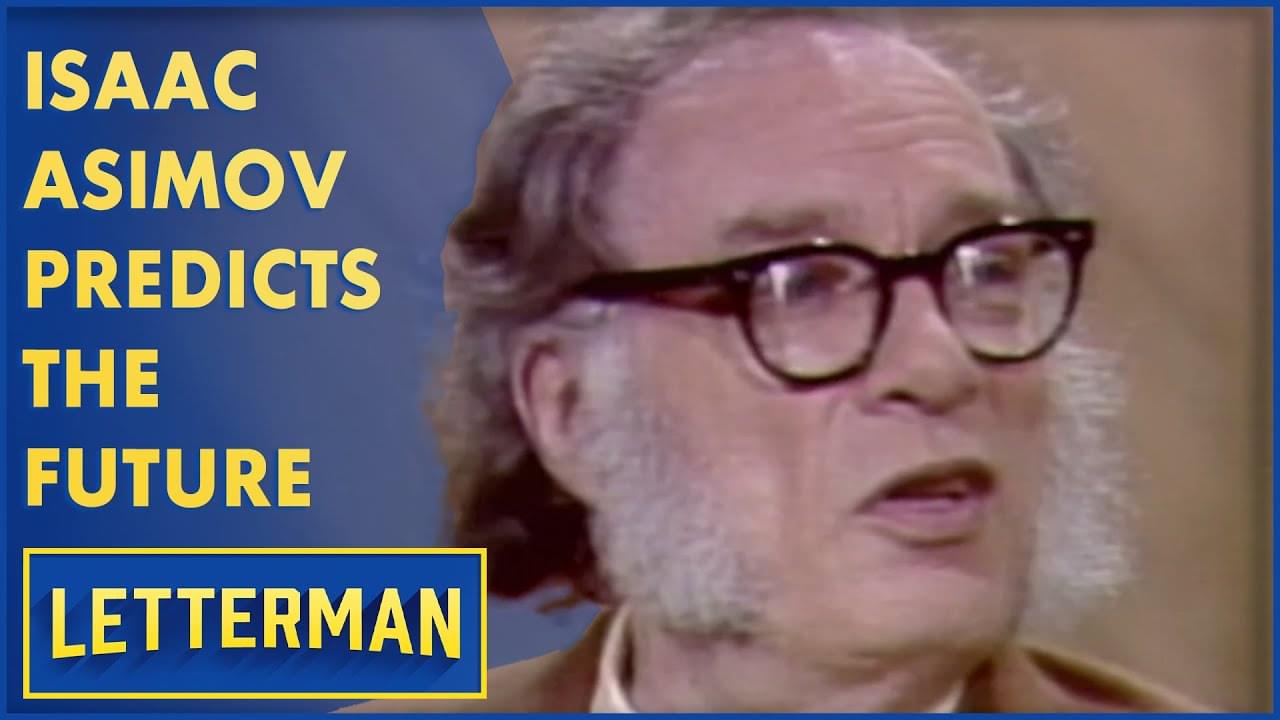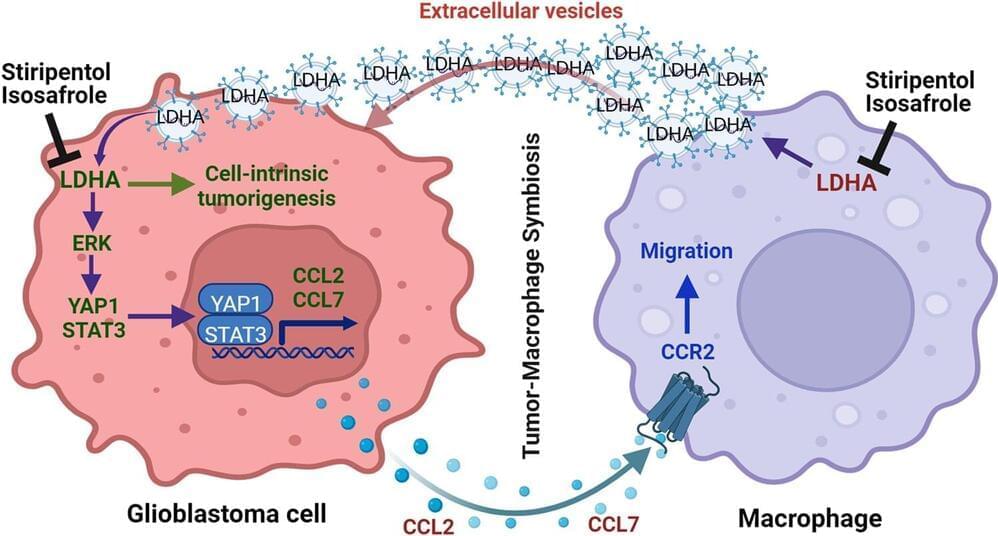Mar 27, 2024
Unlocking TNA: Researchers Develop Artificial Building Blocks of Life
Posted by Quinn Sena in categories: biotech/medical, genetics
Groundbreaking research has led to the creation of threofuranosyl nucleic acid (TNA), offering enhanced stability and therapeutic potential, with applications in drug delivery and diagnostics.
The DNA carries the genetic information of all living organisms and consists of only four different building blocks, the nucleotides. Nucleotides are composed of three distinctive parts: a sugar molecule, a phosphate group, and one of the four nucleobases adenine, thymine, guanine, and cytosine. The nucleotides are lined up millions of times and form the DNA double helix, similar to a spiral staircase.
Breakthrough in Nucleic Acid Research.

